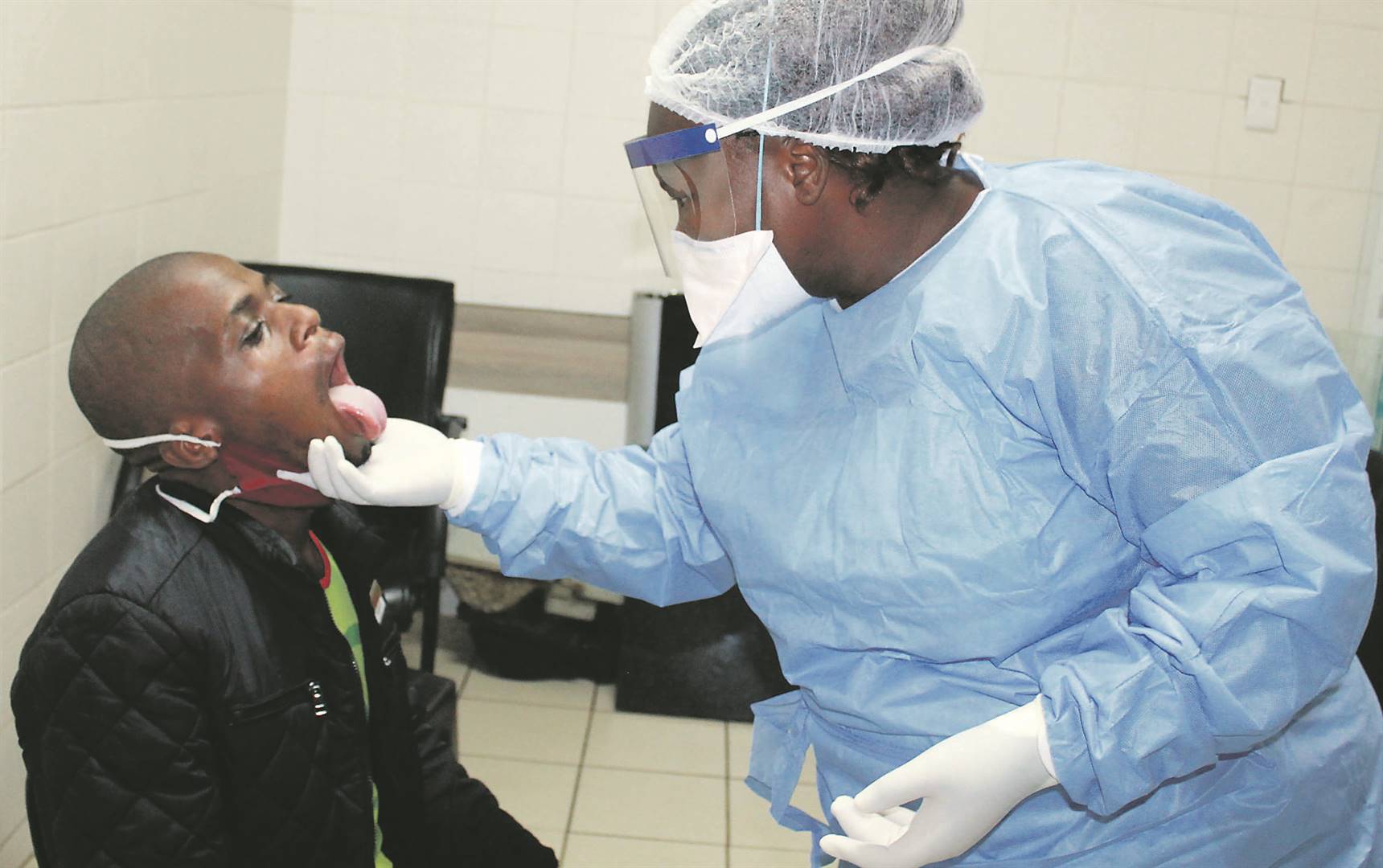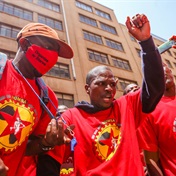
Just two days before President Cyril Ramaphosa delivers the State of the Nation Address, an Ipsos survey suggests that it may be easier to persuade South Africans in urban areas that a cure for the deadly Covid-19 coronavirus would be developed this year.
Out of the 23 007 online interviews Ipsos conducted across 31 countries between October 23 2020 and November 6 2020, 70% among the “more connected and often more affluent population” of South Africans were optimistic that the battle against the Covid-19 pandemic would soon be won.
Given the recent revelations about the ineffectiveness of the Oxford-AstraZeneca vaccine on the local variant of Covid-19 and the depth of inequality in the country, Ramaphosa would have to dig deeper to deliver a strong message of hope and perseverance to a nation weighed down by the year-long lockdown restrictions.
Before the pandemic Ipsos found: “It is clear that various difficulties and worries have influenced the South African mood negatively.
“On the other hand, looking at the years ahead online South Africans have always been more positive than the averages for the world as a whole, perhaps illustrating that we are a hopeful nation, striving to make the best of difficult circumstances although reality does not live up to the high hopes.”
However, it was encouraging that after a gruelling past year, rated as the worst year in a long time, the majority of the participants in the survey had hope for this year, and South Africa was no different.
Globally, people seemed optimistic that effective vaccines would become widely available in their countries this year, with 60% of those surveyed around the world saying this was likely to happen.
The worries about the long-term impact of Covid-19 were prevalent too, as were concerns about global warming, and the economy.
Read: Is Covid-19 vaccine hesitancy a threat to SA’s economy?
The general tolerance of others had not gone away, the global research and advisory company said in a statement on Tuesday.
Ipsos said: “There has been a sharp increase in those looking on the past year negatively, as nine in 10 [90%] now say last year was a bad year for their country, up from 65% from the previous year.
“The view of online South Africans stands at 95%, the same as that in Argentina and France, closely followed by the UK, Turkey and the US at 94%. Seven in ten [70%] say last year has been a bad year for them and their families, an increase of 20 percentage points from 2019. This is the worst figure since the series started in 2012.”
The first batch of vaccines arrived in South Africa last Monday, but even then “South Africans are not as optimistic about the imminent widespread availability of vaccines”.
Revelations at the weekend that the one million Oxford-AstraZeneca doses would expire in April and that it was probably the least effective vaccine against the new Covid-19 variant found in South Africa would further dampen the mood.
“Furthermore, only four in 10 [41%] say it is likely life in their countries will get back to normal after the effects of the Covid-19 pandemic, and only a third [32%] expect the economy to have fully recovered.
“Online South Africans are not as hopeful about these aspects and 60% say it is unlikely that life will have returned to normal and three-quarters [76%] say it is unlikely that the economy will have fully recovered from the effects of the Covid-19 pandemic,” Ipsos found.
The majority of the poll participants in South Africa also believed that income inequality would continue to grow.
Almost four in 10 (37%) were hopeful that income equality might even out in future, stated Ipsos, adding that “since 2018, hope has dwindled in South Africa that women will be compensated equally for their contribution to the country’s economy with a notable percentage point decrease year on year”.
“In 2018, 52% said it will happen and in 2019 this figure shrunk to 48%, with another decrease at the end of last year with only 43% expressing hope for income equality.”
Read | Covid-19: South Africans expect lasting negative economic impact - Ipsos
Globally, Ipsos found that only a third (33%) believed the police in their countries would treat people equally regardless of their differences and almost three quarters (73%) of South Africans thought it was unlikely that police will treat people equally.
Only two in 10 (19%) expressed the opposite view.
On the lighter side, a few participants globally expected ghosts to be discovered – with only 16% around the world believing that ghosts really existed this year.
“A slightly higher proportion – one in five [22%] – of online South Africans believe that ghosts exist. And even fewer believe that we will have proof of the extra-terrestrial, only 11% say it’s likely that aliens will [soon] visit the earth.”
| ||||||||||||||||||||||||||||||
 |




 Publications
Publications
 Partners
Partners










